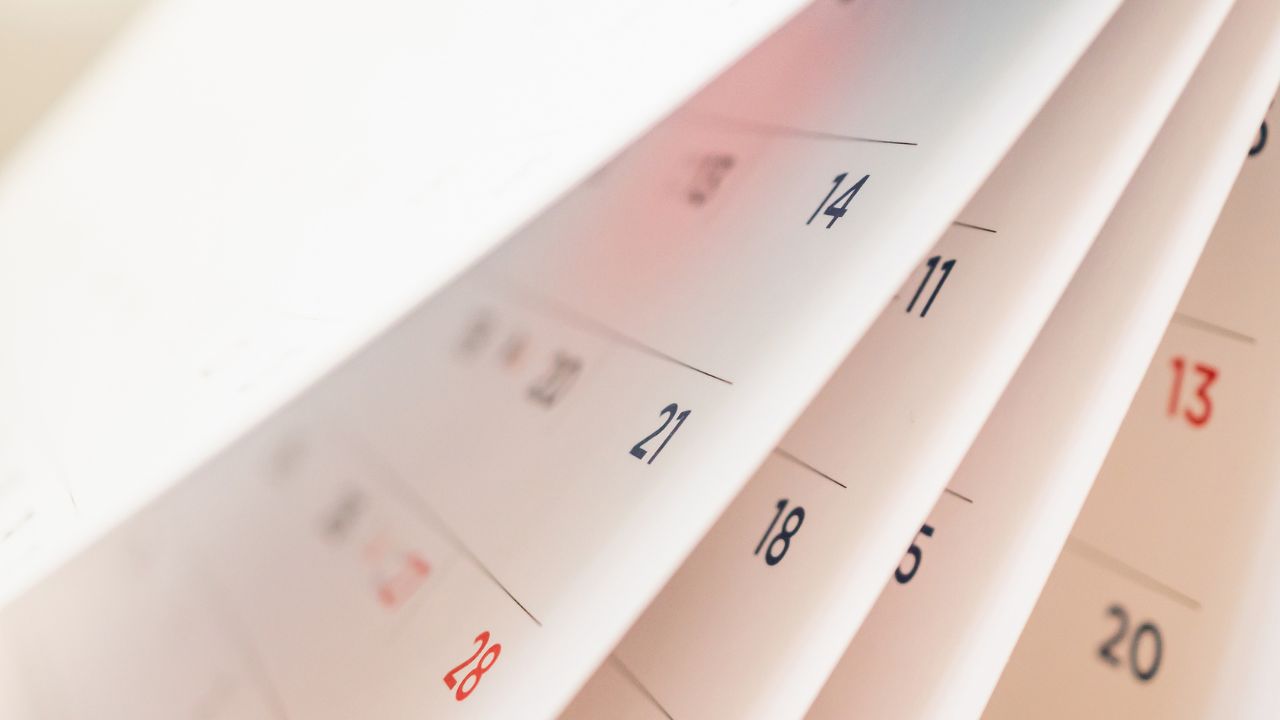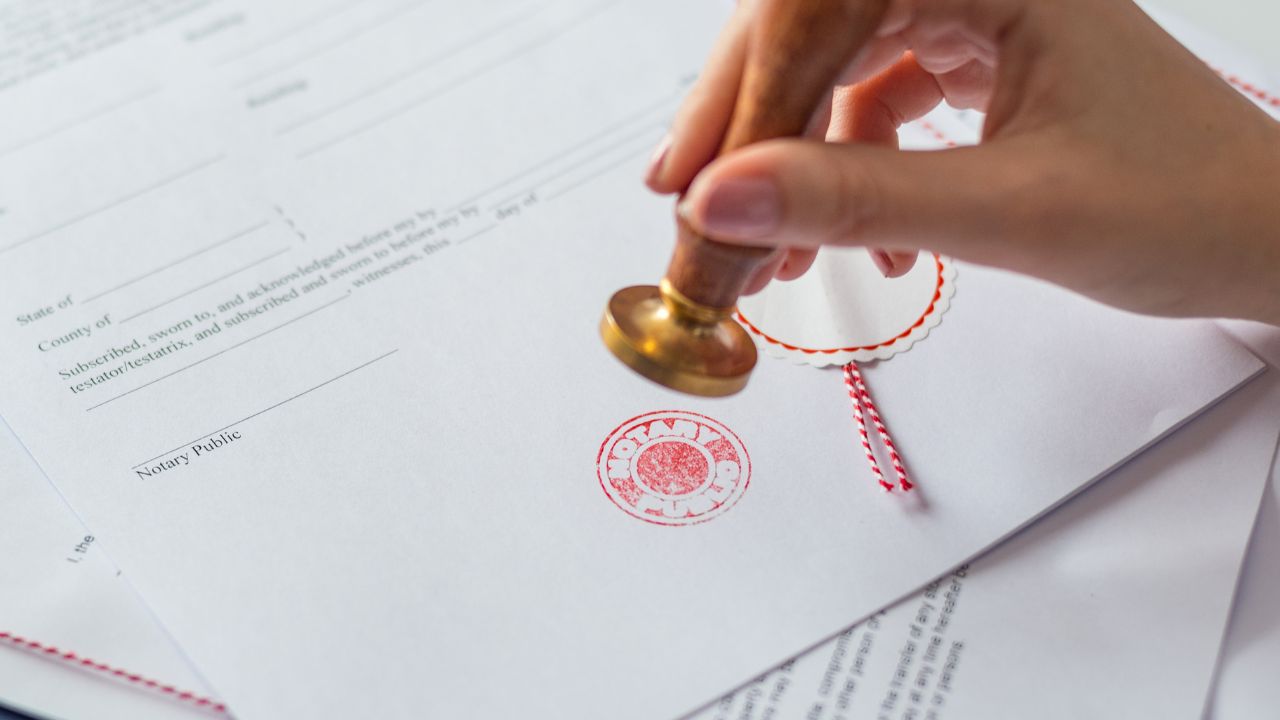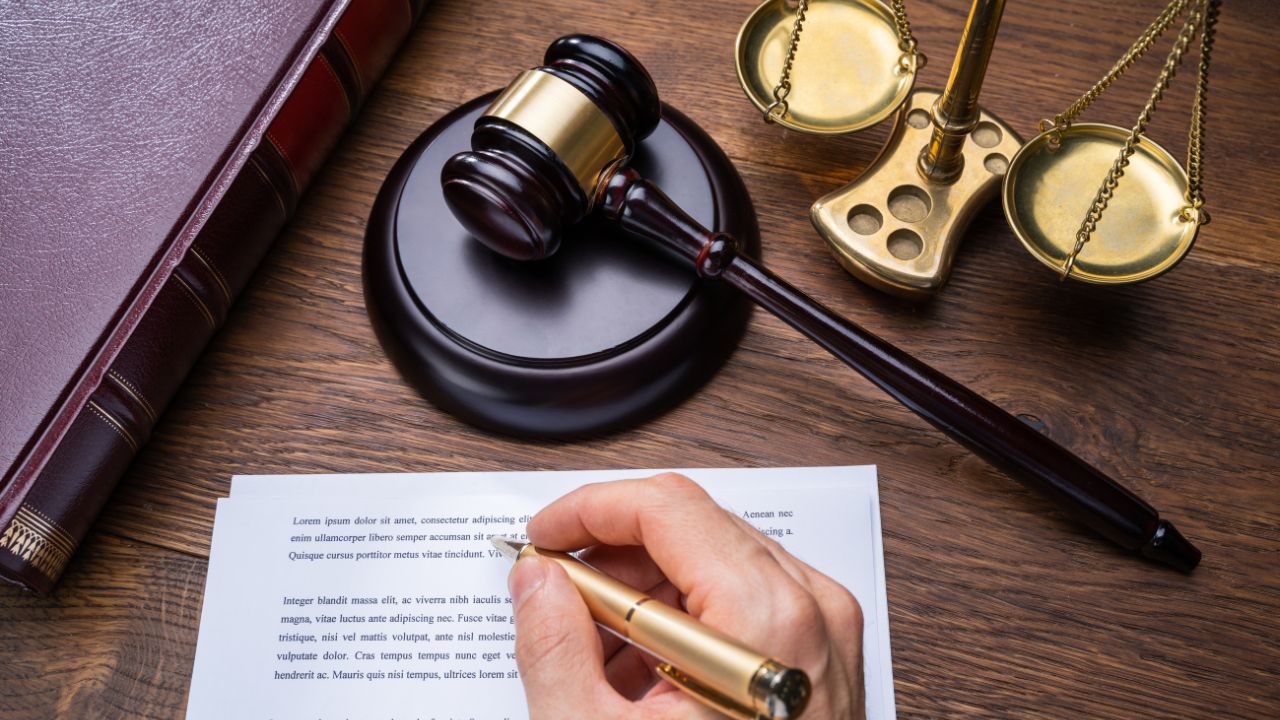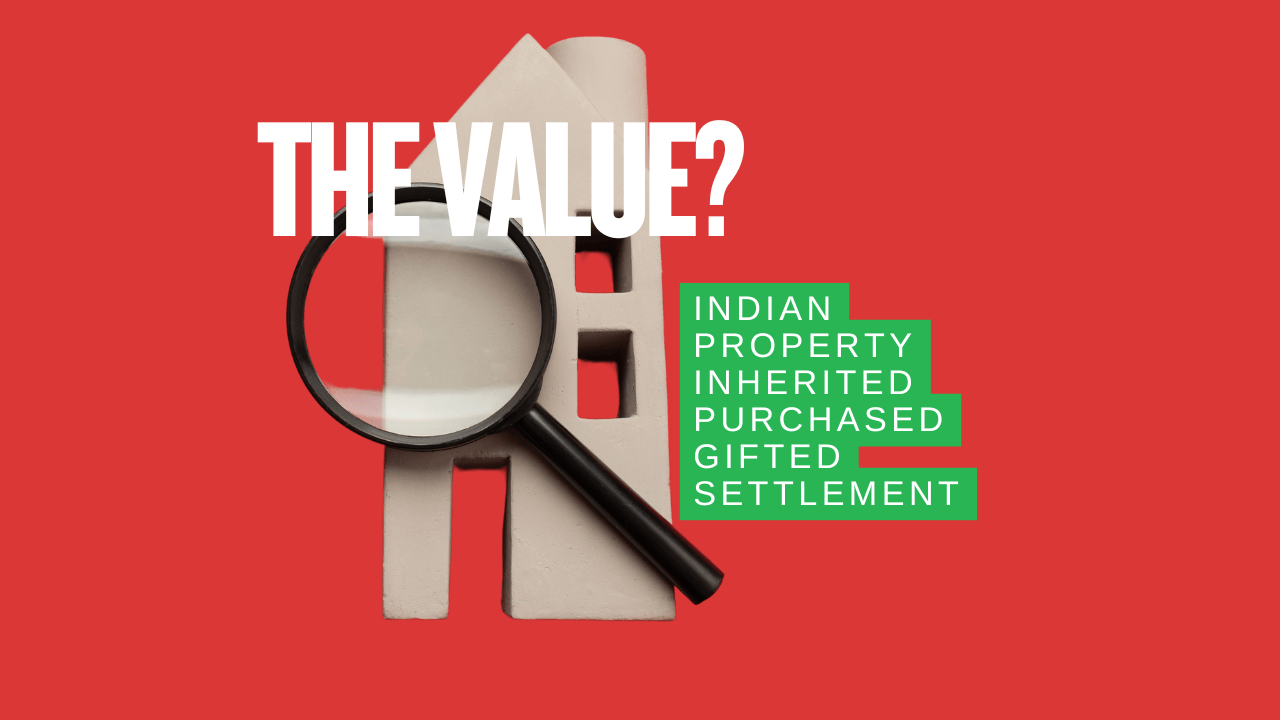An Indian Power of Attorney (POA) is an important legal document enabling an individual (the principal) to appoint someone else (the agent) to act on their behalf in specific legal, financial, or personal matters in their absence. Having witnesses is a requirement when creating an Indian POA. This post discusses the witness requirement concerning an Indian POA.
When Are Witnesses Required for an Indian Power of Attorney?
For a POA intended for use in India, witness signatures are a strict requirement to validate the document. Regardless of whether you’re creating a General POA (for broad powers) or a Special POA (for specific actions), witnesses play an essential role in affirming the document’s legitimacy. Witnesses attest to the principal’s signature, providing crucial validity, particularly for POAs involving:
- Property Management: Local authorities require witness signatures for PoAs related to property.
- Financial Matters: Witnesses ensure legal validity for POA managing bank accounts or investments.
- Legal Affairs: When a POA is used for court appearances or signing legal documents, witness attestation confirms authenticity.
Witnesses add a legally binding layer to the POA, ensuring its validity and recognition by Indian authorities.
How Many Witnesses Are Required?
For an Indian Power of Attorney to be legally valid, two witnesses are typically required. These witnesses must attest to the principal’s signing of the POA document, confirming that it was signed voluntarily and with a full understanding of its implications. To find out more about the witness requirements, contact our professional Indian legal team on 0208 757 5751 or use our contact form.
Who Can Act as a Witness?
Choosing the correct witnesses is as important as choosing the right attorney when creating an Indian POA. The witnesses for a Power of Attorney must meet certain qualifications to ensure the document’s credibility. Generally, the following criteria apply:
- Legal Age and Capacity: Witnesses should be adults (18 years or older) and of sound mind.
- Neutral Parties: Witnesses should be neutral and unrelated to the parties involved in the POA, especially if the POA is for significant financial or property transactions. This helps avoid any perception of bias. Witnesses can be friends, associates or neighbours.
- Identification: Witnesses should have official identification, such as a passport or driver’s license, to verify their identity during the signing process.
What information does a Witness need to give for an Indian POA?
At the time of signing, witnesses should produce a form of valid identification, usually in the form of a passport. For non-British passport holders, evidence of UK immigration status should be provided.
Role of the Witnesses in a Power of Attorney
The role of the witnesses is to observe the principal signing the POA and confirm that it was done freely and willingly. They then sign the document themselves to attest to the fact that they observed the signing. Witnesses help to:
- Verify Consent: They ensure that the principal is signing the document voluntarily.
- Prevent Future Disputes: By attesting to the validity of the principal’s signature, witnesses help to prevent disputes about the document’s legitimacy.
- Satisfy Legal Formalities: Witnesses fulfil the requirements for a POA to be legally binding in India.
How Whytecroft Ford Can Help
Whytecroft Ford offers expert guidance in drafting Indian Power of Attorney documents, ensuring all legal requirements are met for seamless use in India. Our experienced legal team can assist with document preparation and further guidance on the process. Contact us today to discuss your Power of Attorney needs and ensure your documents are valid and enforceable in India.
Frequently Asked Questions (FAQs)
It is advisable to choose unrelated, neutral witnesses, especially if the POA grants authority over significant financial or property matters.
Yes, notarization is generally necessary to validate the document.
Yes, witnesses must be present when the principal signs the document. They attest to the principal’s signature by signing the document themselves, ensuring it is signed voluntarily and with full understanding.
Read more Frequently asked questions here – Indian Power of Attorney in the UK: FAQs Part 2






